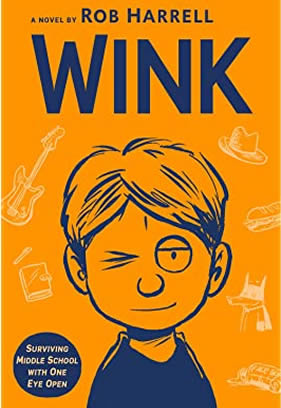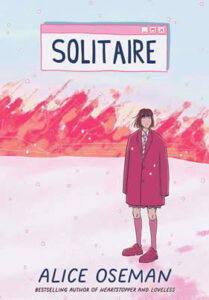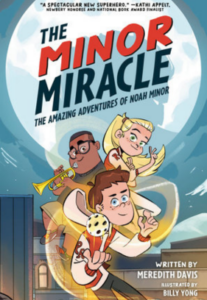Ross Maloy just wants to be a normal kid who makes it through seventh grade as best he can—hoping to hang out with best friends, avoid a bully and quietly crush on the prettiest girl in school. But then he finds out he has a rare kind of eye cancer. He becomes the “cancer kid” who has to get radiation blasts, wear a goofy hat and walk around with a semi-permanent right-eye wink. Well, so much for normal.











